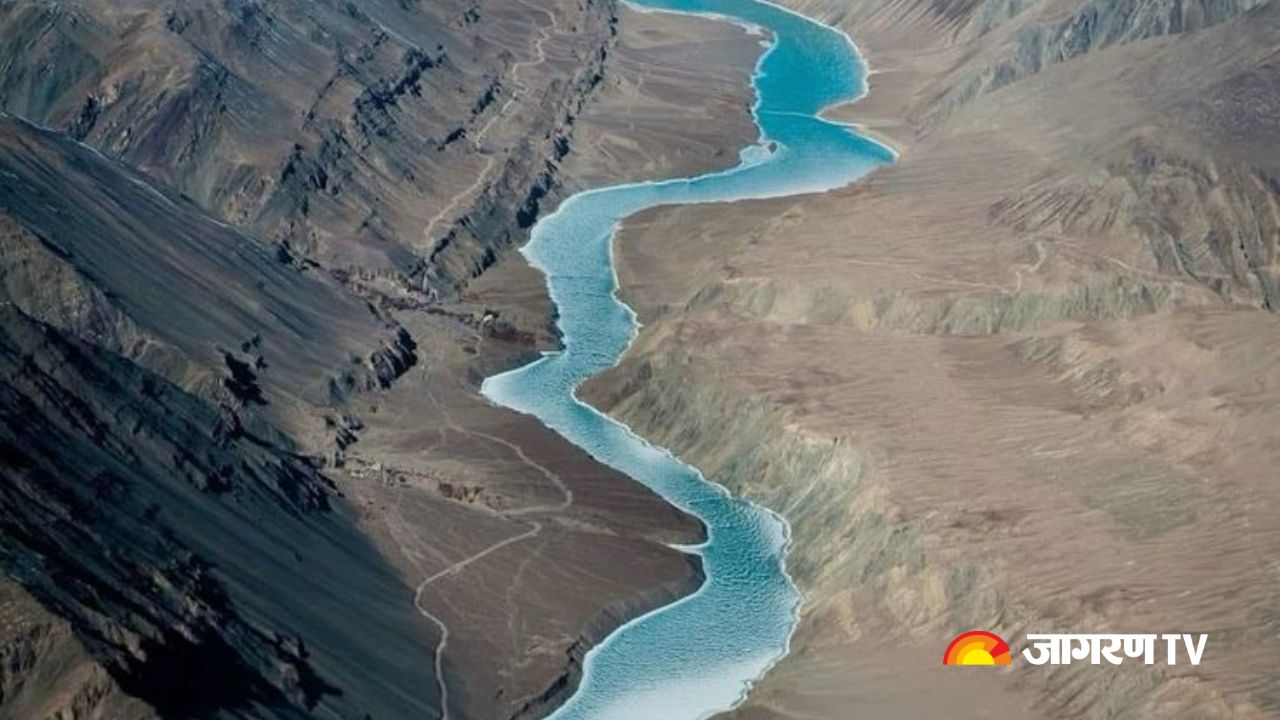Pahalgam Attack: Indus Water Treaty Suspended By India– Know Its History, Facts & Impacts on Pakistan

Indus Water Treaty Suspended: In the aftermath of the Pahalgam attack, India has taken stringent action against cross-border terrorism by suspending the sixty-year-old Indus Water Treaty, making a bold statement to Pakistan and the world. In this article, we will tell you about the history, facts, and impacts of the suspension of IWT on Pakistan.
What is the Indus Water Treaty?
Under the Indus Water Treaty, neighboring countries India and Pakistan share the water of the Indus Valley equally to meet the needs of water across borders. The treaty brokered by the World Bank bifurcated the six rivers of the basin – Ravi, Beas, Sutlej, Indus, Jhelum, and Chenab, and allocated them three each to India and Pakistan.
The Eastern Rivers, including Ravi, Beas, and Sutlej, were given to India for unrestricted usage, and the Western Rivers, Indus, Jhelum, and Chenab, were allocated for Pakistan’s primary use.
History & Facts of the Indus Water Treaty
The water of the Indus River has been flowing through India and Pakistan since pre-Partition time. Rising from the Tibet Autonomous Region of China, the river and its tributaries flow through the disputed region of Kashmir, into Pakistan, and meet the Arabian Sea.
The Indus River System has been used for irrigation undisputedly on both sides since time immemorial until the Indian Partition of 1947, leading to the bifurcation of the river.
A short-term agreement in 1947 was followed by India withholding water in 1948, leading to further negotiations.
To get a permanent solution to the problem, the World Bank walked in with engineers from both the country and the World Bank discussing an agreement.
Six years later, a treaty was signed between the then Indian Prime Minister Jawahar Lal Nehru and Pakistan President Mohammad Ayub Khan in September 1960, named the Indus Water Treaty
The treaty also facilitated the construction of dams and canals, such as the Tarbela and Mangla Dams, funded largely by World Bank member countries. It established the Permanent Indus Commission to address implementation questions and resolve.
The treaty has passed the test of time despite many diplomatic stains and conflicts.
Impacts of the Indus Water Treaty Suspension
- The Indus water system is the backbone of Pakistan’s agriculture, supporting its farmers and over 237 million people. Retreating from the treaty takes away the existential force of Pakistan.
- Major urban centers of Pakistan will suffer as they draw water from the Indus Water System directly.
- Hydropower plants like Tarbela and Mangla will come to a halt as they depend on the uninterrupted flow of the system.
- Food production of the country will suffer, with the food security of millions distressed.
- 25% of Pakistan’s GDP is supported by the system.
However, it is notable that the treaty has no exit clause, meaning that neither of the countries can legally scrap it unilaterally.
Related videos
-
US Bans TRF: China Supports US Action Against TRF, Calls for Unified Stand on Terrorism ...
-
Deadliest Year So Far: 5 Major Tragedies That Shook The Nation in 2025 ...
-
Modi To Trump Call: “India Has Not Accepted Any Mediation” During Pak Conflict ...
-
Pakistan Repeats Blaming Tactics To Target India For Regional Instability And The Kashmir Issue ...









